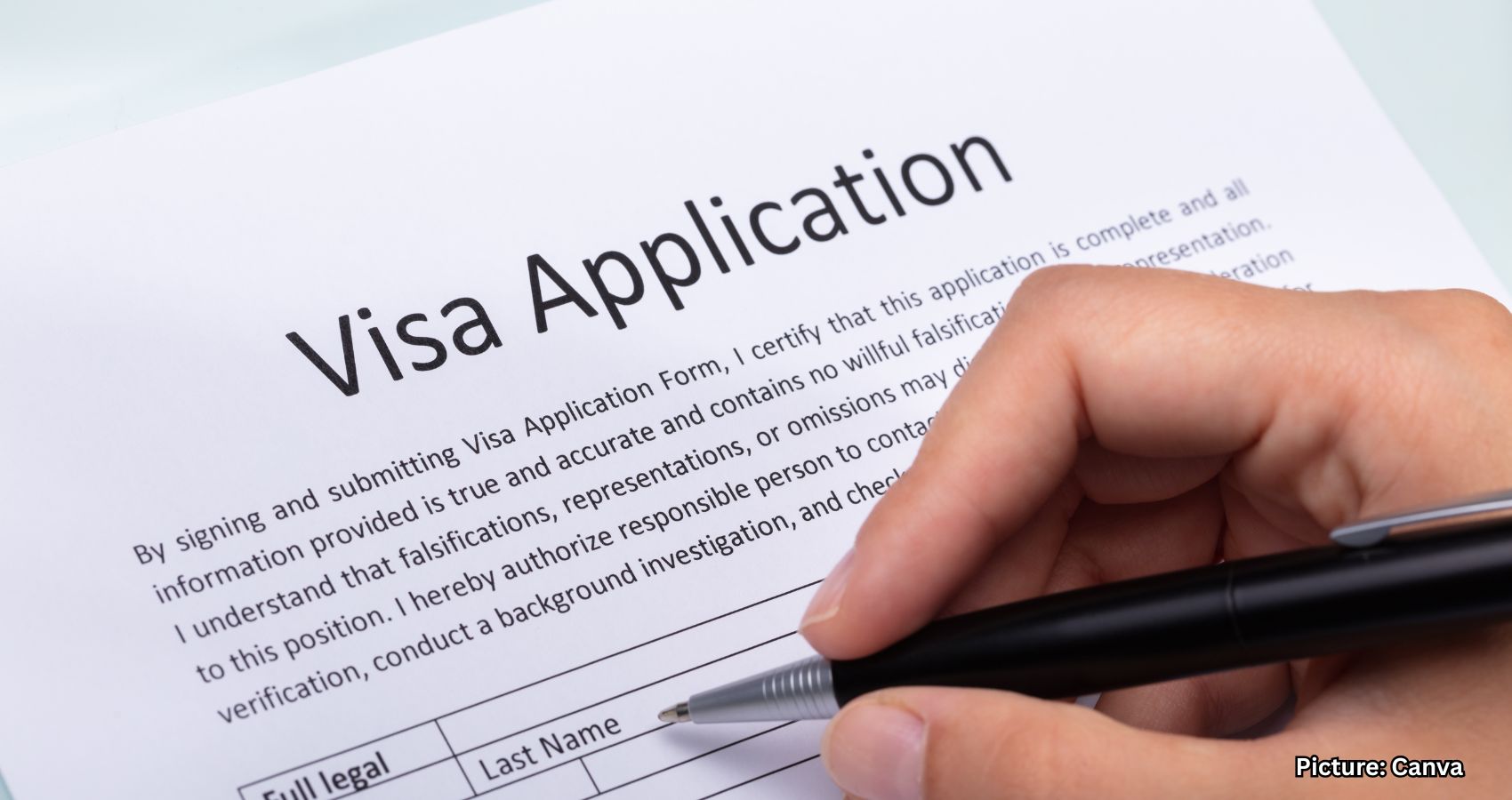Former Congressman Dr. Dave Brat has accused the H-1B visa program of extensive fraud, claiming one Indian region received visas far exceeding legal limits.
Dr. Dave Brat, a former U.S. Congressman and economist, has made serious allegations regarding the H-1B visa program, asserting that it is rife with fraud. He claims that a single district in India has received H-1B visas at a rate far exceeding the legal annual cap.
During an appearance on Steve Bannon’s podcast, Dr. Brat stated that while the official U.S. limit for H-1B visas is set at 85,000 per year, one Indian district was allegedly linked to the issuance of 220,000 H-1B visas. This figure, he noted, represents two-and-a-half times the national limit, suggesting a systemic abuse of the program.
“When you hear H-1B, think of your family, because these fraudulent visas just stole their future,” Dr. Brat remarked. He also pointed out that while China accounts for only about 12% of the H-1B visa pool, India remains the dominant player in the program.
Reports indicate that the U.S. Consulate in Chennai processed approximately 220,000 H-1B visas and 140,000 H-4 dependent visas in 2024 alone, raising concerns about its operational integrity.
The controversy surrounding the H-1B visa program intensified following allegations made by Mahvash Siddiqui, a former Indian-origin U.S. Foreign Service officer who worked at the Chennai consulate. Siddiqui described what she termed “industrial-scale fraud” in the H-1B visa application process.
During her tenure from 2005 to 2007, Siddiqui claimed she personally adjudicated over 51,000 H-1B visa applications. She estimated that 80–90% of these applications contained falsified information, including fake academic qualifications, forged documentation, and misrepresentation of skills.
Siddiqui noted that the consulate at that time handled applications from various regions, including Hyderabad, Karnataka, Kerala, and Tamil Nadu, with Hyderabad emerging as a particularly problematic hub.
In her allegations, Siddiqui highlighted that the Ameerpet area in Hyderabad had developed into a significant center for visa fraud. She claimed that candidates could openly purchase fake educational degrees, forged marriage certificates, and fabricated employment records, all of which were allegedly used to manipulate H-1B visa approvals.
Moreover, Siddiqui asserted that when these fraud patterns were identified and reported, the response from higher authorities was not supportive. She claimed that internal investigations were dismissed as a “rogue operation,” and that intense political pressure was applied to prevent deeper inquiries into the matter.
She further alleged that certain political figures were involved in shielding the fraudulent network, obstructing efforts to dismantle the fraud pipeline.
The recent allegations from both Dr. Brat and Siddiqui have reignited discussions in the U.S. regarding the integrity of the H-1B visa program, the oversight of overseas U.S. consulates, and the balance between skilled immigration and domestic job protection.
While official investigations have yet to publicly confirm many of these claims, the controversy is likely to spur renewed calls for stricter verification processes, auditing, and reforms within the H-1B system.
Source: Original article

